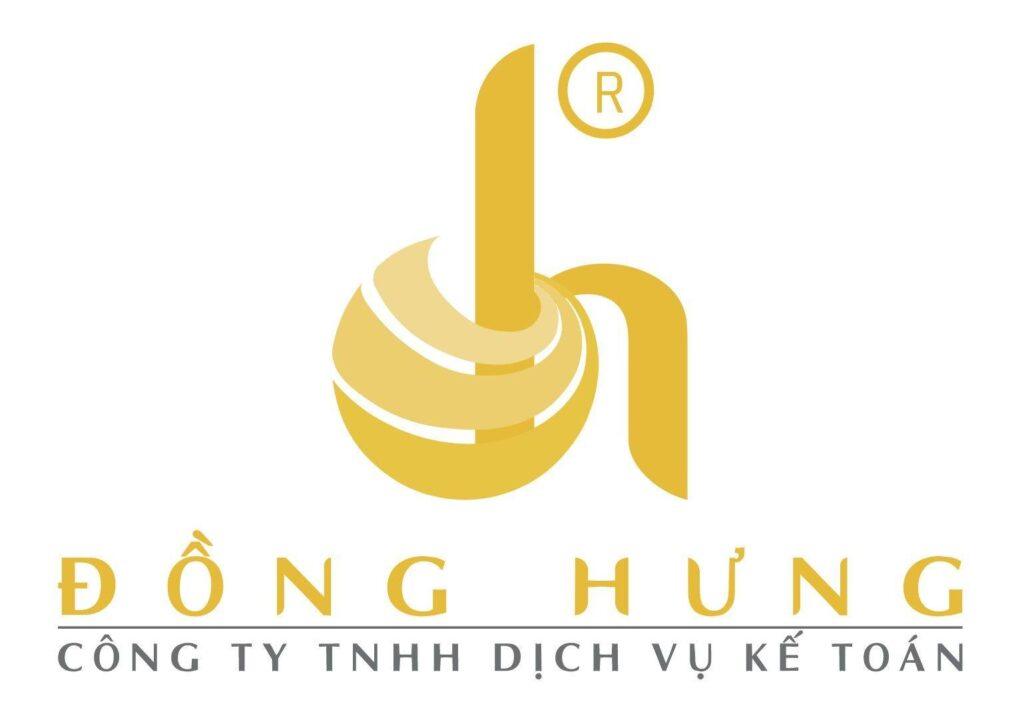Beginning its business in Vietnam in 2006, Jun Chow, a Taiwanese company that makes Oolong tea for export, reported the total loss of VND23.903 billion after four years of operation, much higher than the investment capital of VND6.3 billion.
The other 17 tea businesses in Lam Dong province have also been named by the provincial taxation body as the enterprises with huge and abnormal losses.
Taiwan Tea Company, which has the registered investment capital of VND10.42 billion, had reported the loss of VND17.7 billion by 2009. Kinh Lo Tea Company, which has the initial capital of VND26.9 billion, incurred the loss of VND56.8 billion after four years of operation, King Wan Chen with VND29 billion in investment capital incurred the loss of VND38.3 billion.
Reasoning the loss, the Taiwanese tea enterprises in Lam Dong only paid VND272 million in the corporate income tax for five years. Meanwhile, the state owned tea processing enterprises in the locality paid VND13.2 billion in tax and private enterprises paid VND21 billion.
Under the current regulations, exports enjoy the preferential VAT rate of zero percent and tax refund.
Domestic state owned and private enterprises got VND5 billion in tax refund. Meanwhile, Taiwanese enterprises got VND21.6 billion in tax refund. Meanwhile, domestic state owned and private enterprises got VND5 billion in tax refund. They also enjoyed a lot of investment incentives, including the land tax exemption.
Taxation officials said in principle, the businesses which incur such huge losses will not be able to exist. Meanwhile, the enterprises still can live well.
Where did the enterprises find capital to maintain their operation? The answer from the enterprises is that they get the financial support from the parent companies.
The Taiwan Tea Company, for example, incurred the loss of VND17 billion, but it could borrow VND28 billion from the holding company. The Kinh Lo Tea Company also borrowed VND27 billion to offset the VND26 billion loss, while King Wan Chen borrowed VND12 billion.
In 2011, the Dak Nong provincial tax body found the surprising business result of Pagoda Company Ltd, a 100 percent Malaysian invested enterprise. It processed groundnuts for export to the holding company in Malaysia – Thong Thye Groundnut Factory Sdn.Bhd.
In 2006, Pagoda came to Vietnam with the investment capital of VND2.3 billion. Five years later, it reported the accumulated loss of VND44.52 billion, which was 18 times higher than the initial investment capital.
However, inspectors have found out that the companies did not incur loss as they reported.
The Taiwanese tea companies, in fact, made profit right in the first year of doing business in Vietnam, in 2005-2006. After the inspection, the enterprises admitted that they did not take the loss of VND311.685 billion as reported, but made a profit of VND1.033 trillion.
The enterprises “fabricated” the figures about the input material import price, export price and relating expenses to make the reported production costs higher than the real costs.
With the reported high production costs and low selling prices, the enterprises reported loss and evaded tax. Meanwhile, the holding companies in Taiwan pocket fat profits.
Pham Huyen

Tin liên quan
Bài 3: Giấy chứng nhận đầu tư có phải là căn cứ pháp lý không?
Tiếp theo nội dung chia sẻ tại hai bài trước Bài 1: Hiểu thế nào về “Giấy chứng nhận đầu tư” và Bài 2: Giấy chứng nhận đầu tư do Chủ tịch UBND tỉnh cấp dó Giá trị pháp lý không?, để đi tìm câu trả lời cho phát biểu...
NHẦM TƯỞNG “CHẾT NGƯỜI”
Thời gian qua, rất nhiều Ông/bà chủ các doanh nghiệp liên tục hỏi tôi liên quan đến nội dung Công ty tư nhân làm chủ thì có bị kiểm toán bởi Kiểm toán Nhà nước không? Khi đã được kiểm toán Nhà nước kiểm toán rồi nếu cơ quan quản...
Quy định nội bộ về phòng, chống rửa tiền
Thực hiện theo văn bản số 7020/BTC-QLKT ngày 5 tháng 7 năm 2024 của Bộ Tài chính về công tác phòng, chống rửa tiền và công tác phòng, chống khủng bố, tài trợ khủng bố và văn bản số 2762/BTC-QLKT ngày 18 tháng 03 năm 2021 về việc thực hiện...
Bài 2: Giấy chứng nhận đầu tư do Chủ tịch UBND tỉnh cấp có Giá trị pháp lý không?
Tiếp theo bài 1: Hiểu thế nào về “Giấy chứng nhận đầu tư”, trong bài viết này, chúng tôi tiếp tục tìm hiểu, phân tích, đối chiếu các quy định của pháp luật liên quan đến giá trị pháp lý của một văn bản do cơ quan nhà nước có thẩm...
Giấy chứng nhận đầu tư có phải là căn cứ pháp lý không?
Bài 1: Hiểu thế nào về “Giấy chứng nhận đầu tư” Gần đây, bạn đọc và nhà đầu tư nói chung đang rất hoang mang khi xem phóng sự trên đài truyền hình quốc gia VTV nội dung phát biểu của một vị là Phó giám đốc Sở Kế hoạch...